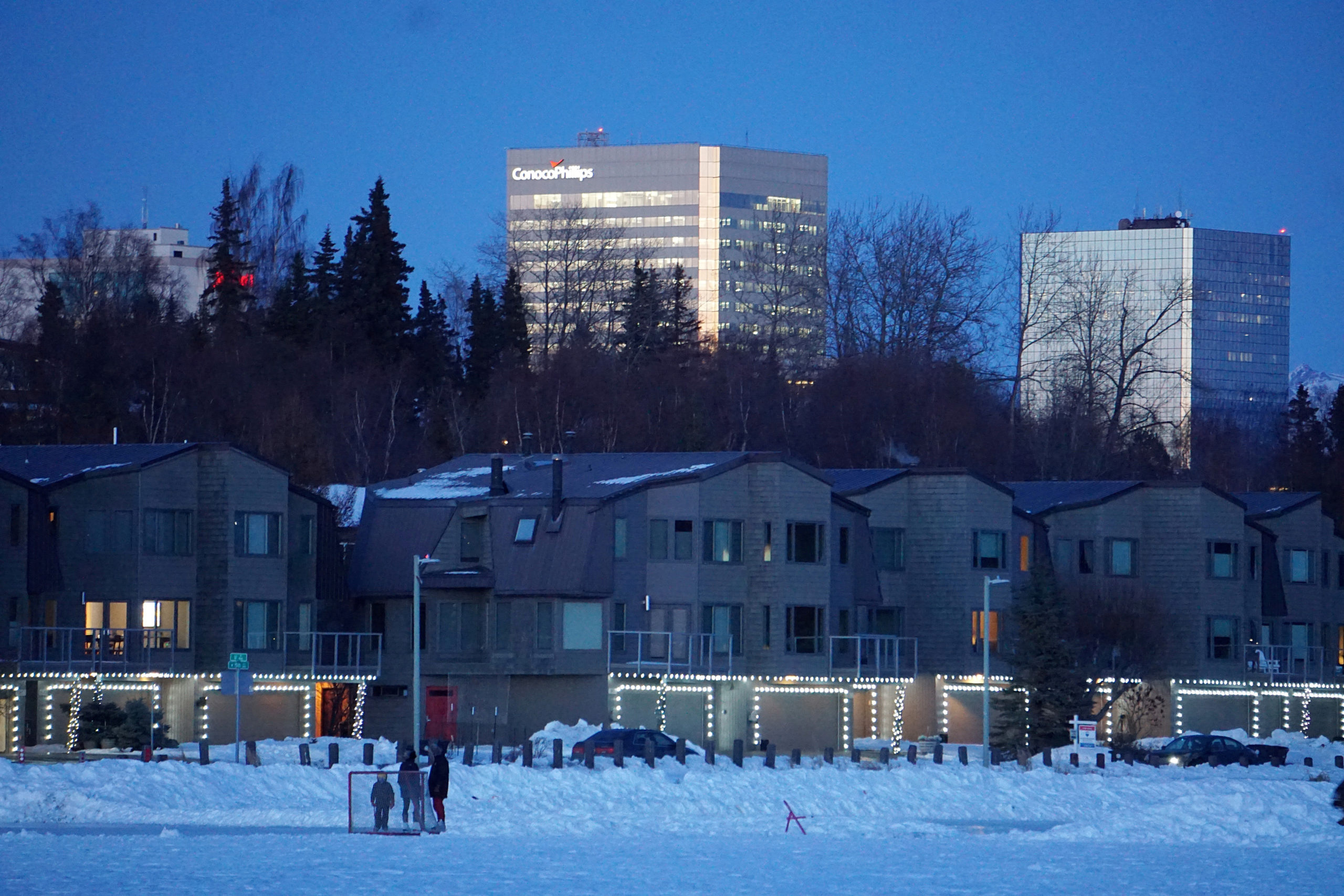ConocoPhillips’ Alaska Willow project approvals hit with second lawsuit
"Developing a massive new Arctic oil formation is a threat to the global climate and an already dramatically warming Arctic region," the suit said.

A coalition of environmental groups filed a lawsuit on Tuesday challenging the Biden administration’s approval of ConocoPhillips’ Willow oil and gas project in Alaska, saying the “enormous” project’s greenhouse gas emissions would undermine federal climate goals.
The Natural Resources Defense Council, Center for Biological Diversity, Greenpeace and others told an Alaska federal court the U.S. Interior Department finalized the Willow approval on Monday without addressing flaws in the plan identified by a federal judge in 2021. They asked the court to vacate the approval, which would block ConocoPhillips from moving forward with the construction.
“Developing a massive new Arctic oil formation is a threat to the global climate and an already dramatically warming Arctic region,” the suit said.
An Interior spokesperson declined to comment Wednesday. ConocoPhillips did not immediately respond to a request for comment.
A separate lawsuit challenging the approval was filed on Tuesday by the Sovereign Iñupiat for a Living Arctic, Sierra Club, Trustees for Alaska and the Alaska Wilderness League.
Approvals for the project in northern Alaska give ConocoPhillips permission to construct three drill pads, 25.8 miles of gravel roads, an air strip and hundreds of miles of ice roads.
ConocoPhillips had originally sought to drill five oil pads and related infrastructure.
The 30-year project would produce up to 180,000 barrels of oil per day at its peak, according to the company. The federal government estimates that it would release over 260 million metric tons of greenhouse gas emissions.
According to the second suit filed Tuesday, the latest approval failed to adequately consider the rise in emissions that would result from consumers burning the oil extracted from the site’s wellpads.
The groups also raised concerns about the threat of oil spills and irreparable damage from construction to the ecologically-sensitive region that is home to subsistence Indigenous communities and endangered species such as polar bears and seals.
The case is Center for Biological Diversity et al. v. Bureau of Land Management et al., U.S. District Court for the District of Alaska, case No. not immediately available.
This article has been fact-checked by Arctic Today and Polar Research and Policy Initiative, with the support of the EMIF managed by the Calouste Gulbenkian Foundation.
Disclaimer: The sole responsibility for any content supported by the European Media and Information Fund lies with the author(s) and it may not necessarily reflect the positions of the EMIF and the Fund Partners, the Calouste Gulbenkian Foundation and the European University Institute.
